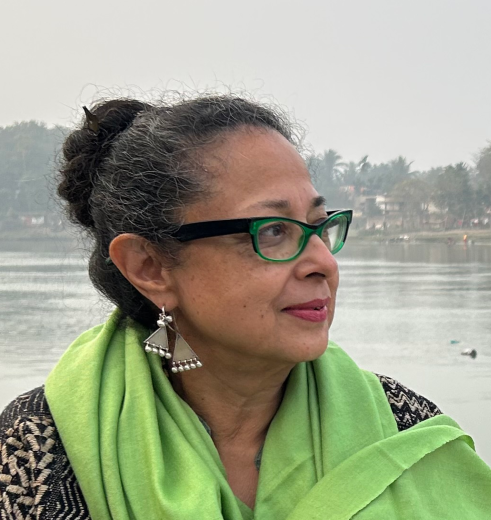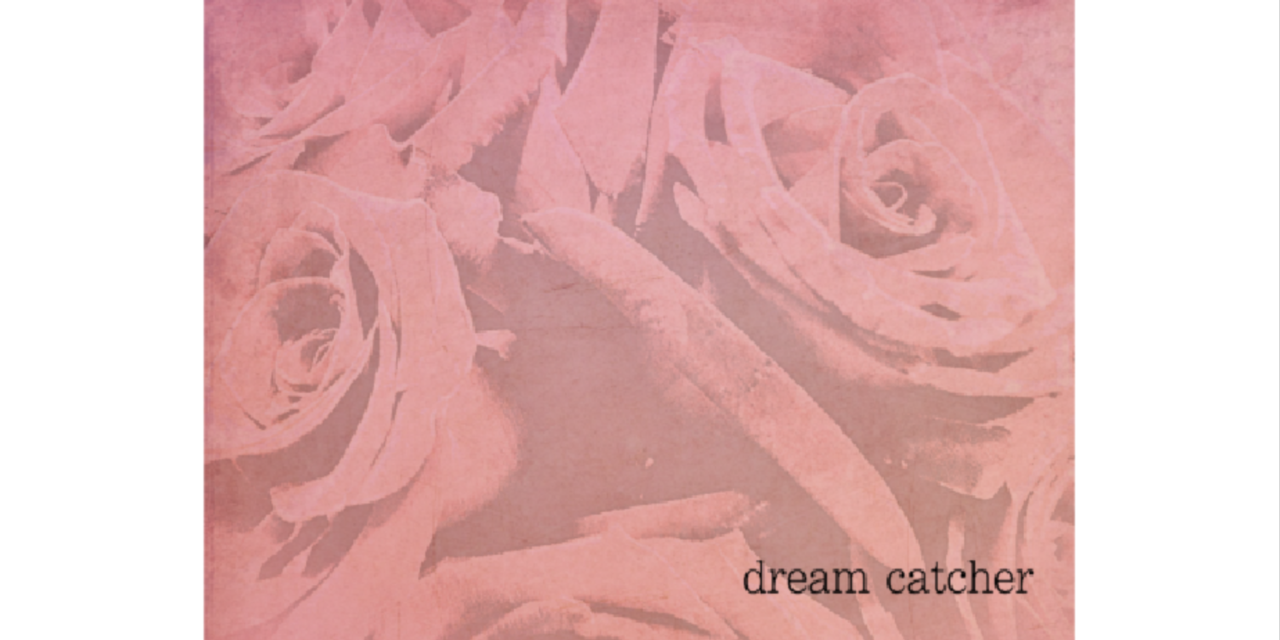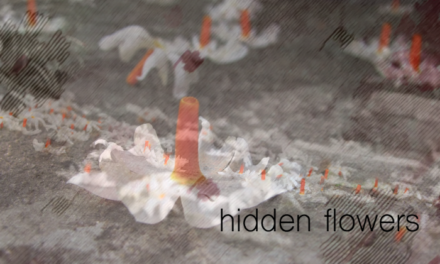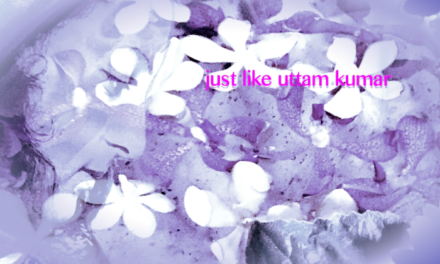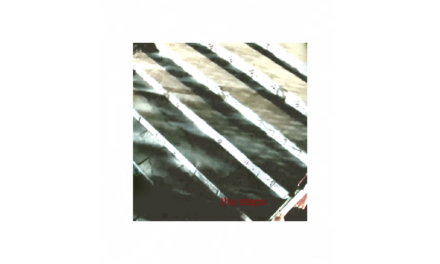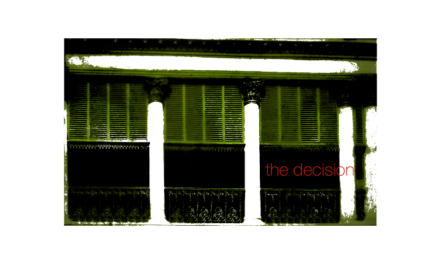The hardest thing to catch really is a feeling. And yet, why must it be caught, why not just let it flow, go where it wants to. fly.
Shobhona strolled in the garden, the bed of roses was brimming with the light pink variety Banker Dadu had sent with Chhorda. She wondered if like Banker Dadu, she should leave everything and go away to Kalimpong. Live up in the hills, among flowers and oranges and quiet slopes; and children with dirty faces and red cheeks, who always smiled. Banker Dadu looked so happy. He came down to Calcutta every year, but only for ten days. In between, he visited Bonni Dida, his sister, in Giridih, for a couple of days. Then he was gone. Taking with him that fresh crisp feeling, the laughter from the belly. The stories of ghosts who live up there behind the boulders and stones and even in some tea bushes.
He used to work for the bank once. A very well known big bank. Dadu’s father, her father’s grandfather, knew everyone. He was such a respected lawyer, Baba often said, had he agreed to leave Calcutta, he might have even become a barrister in England even. But Dadu’s father was attached to Bengal, his birth place Calcutta. He would live here and nowhere else. Of course, no one asked his wife what she wanted. Women are rarely asked such things.
Even Ma did pretty much what Baba wanted. Shobhona wondered if Ma had ever wished she had a say in anything. Like Boudi, her elder brother’s wife? Baba had liked Boudi, but did Ma really want Dada to marry her? Boudi was very pretty, and fair. “Dudhe alta”, like a drop of rose Bengal red dye in milk, is how they described her complexion. Complexion was very important.
“Theek jeno, rajkonya,” just like a princess, Thamma, her grandmother, had exclaimed on seeing Boudi. She’d lifted Boudi’s face, an index finger tucked under her chin. Shobhona had seen Boudi’s eyes at that moment.
There was as if no feeling in them. Shobhona had started as something had plunged to her stomach. she’d swallowed hard. Her only sibling, her elder brother, she was close to him. Dada meant a lot to her. In that instant though she’d known everything would change.
And it had. Within six months Dada and Boudi had moved out of their home.
Shobhona looked at her brown forearms and gave a wry smile. Why was fairness so important? Was it an obsession because the British had ruled for so long? Must be. Or maybe not. It might have started way before that. Because though Krishna was dark skinned, the love of his life Radha was fair, very fair. Thamma’s eyes always gleamed as she came to the part in the Radha Krishna stories where she told all of them about Radha’s extraordinary beauty.
“Radhar bodo bodo kalo chokh ar rong jeno phoote porchhe, dudhe alta!” she would beam and playfully pinch Urmi’s cheek. Her cousin Urmi was fair, the fairest of them all.
(Radha’s big black eyes and complexion – as if the brightness is bursting from it – like rose Bengal dye in milk…)
Shobhona hated alta. She refused to put the red dye on her feet for special occasions and got irate glances from grandmothers and aunts regularly. She grinned, remembering how diligently Thamma used to put a concoction of fresh creamy milk skin and flour on her arms and legs every week, massaging and rubbing it, then peeling it off; with absolute faith that this “shor moida” – cream and flour – treatment would make her skin whiter somehow.
Shobhona wished she’d let her eat the shor instead. With a little sugar and a ripe banana mashed into it.
***
Of course, no one understood why Shobhona wanted to study physics after she finished her intermediate exams. She had chosen to study science. That had got everyone worried. Now physics and a BSc?
There was English, there was Bengali, there was always philosophy. The sort of things girls studied. One had to be a graduate if one was from an educated upper middle class family, that was a must. Then one had to marry. Science subjects were meant for the boys. Dada had studied engineering at Shibpur, which was fine. Didi, her cousin, her father’s elder brother’s daughter, went to Brabourne and did her BA with honours in Philosophy. First class.
There had been celebrations. A party. Thamma had made komola bhog. Ma had worn her beautiful blue Dhakai saree. Urmi had danced.
Everyone in the family had been invited, the main big hall opened, all the bulbs changed, all the aunts and uncles had assembled and also the cousins. There had been laughter and lots of eating. Late at night, after everyone had left, Banker Dadu had told them a ghost story. About a girl who lived under the magnolia tree in his garden.
Didn’t he get scared living in that house? She had asked him.
“I would be scared to live all by myself, I am glad the ghosts are all around me,” he had quipped, and given a hearty laugh.
She had looked at his strong, handsome face and felt a tenderness for her great uncle. She knew someone lived with him, but ever since she was young she also knew that was something no one spoke of.
Two weeks after the party, the proposal had arrived. A month later, Didi got married. Now Monojit, her son, was six months old. Didi instructed everyone to call him by his proper name, none of those Bengali pet names, she had warned. No Bubu, Babai, Rintu, Montu, etc. Monojit.
They all called him that. When Didi was around. Otherwise he was Goltu to everyone.
But physics. Why did she want to study science in college? What would she do with it? Baba had been most worried. How would she cope? Thamma had given strict instructions, she was not to go out in the sun. If she had to go to Science College for lab work or anything, the car would be sent. She must take care of her complexion.
***
Banker Dadu had had no problem getting a job in mercantile bank. They even sent him to London for training. After that his father and mother decided he needed to get married.
Since his father was so well known and he was working in a multinational bank, the matchmakers had come up with a long list of the most marriageable, beautiful and fair girls of Calcutta. Proposals came all the way from Delhi, where many Bengali gentleman were senior officers in the government. Some were ICS officers, no less. Thamma had her most “bonedi” look on when she mentioned that, as she sipped her tea. She liked it black, without milk.
Shobhona never understood too clearly the meaning of that word. Bonedi. What was it? Finally she deduced, if you belonged to an old family, a landed one, you were considered to be aristocratic… and that was what bonedi was about. Like dudhe alta complexion, it was another much desired thing.
Shobhona walked up to the roses and touched one of the light pink flowers.
So soft, she thought. And springy, alive. She plucked a rose, and tucked it into place by the side of her plait, using the bob pin she usually wore. She looked at the book in her hands, she had been meaning to revise a bit for the test next day, but her thoughts were floating about, wherever they liked. The feeling was too pleasant to disturb.
Banker Dadu, Thamma would say, with a most disapproving glare, refused to meet any of the girls. His mother was distraught, his father furious. But Banker Dadu was firm. He was not “seeing any girl”, meeting any prospective bride. Not then, not ever. Thamma, who knew him ever since she got married when she was twelve and he had just turned eleven, her youngest brother in law, was deployed by her mother in law to find out what the matter was.
“I asked him, do you like some girl? Did you meet a mem in bilet…” she would say, “But all he did was shake his head and talk about irrelevant things.” “Mem” or “memshaheb” is how you might refer to a white woman and “bilet” is the Bengali way of saying “Vilayat”, which connotes England… London.
This went on for a couple of years. The British left India. The country got its Independence. There were the terrible riots and bloodshed.
And then one day, Banker Dadu told everyone he was leaving Calcutta, he had taken up a job on a research project in Kalimpong. Of course, everyone was shocked. He would leave the mercantile bank and become an underpaid researcher on some unknown government aided forestry project? How could he even contemplate such a thing!
Banker Dadu went to Kalimpong soon after that. By the time she was born in 1955, seven years had already passed. The ten-day visit had become a ritual and people had stopped asking Banker Dadu why he decided to go away.
Shobhona wondered if there was a ghost among Banker Dadu’s light pink roses.
***
Kalimpong is a little hill station on the way to Darjeeling. It’s much quieter than Darjeeling, cleaner, parts of it can put you in a meditative frame of mind.
Chhorda had been startled when Shobhona had said to him she wanted to go to Kalimpong to visit Banker Dadu. No one visited Banker Dadu. He came down.
“Why?” Chhorda had asked with a frown.
“Why not?” she had replied tartly, “You went!”
“Yes, but I just dropped in and met him in his office on the way back from Darjeeling… I didn’t go to see him only!” Chhorda had snapped.
Shobhona was adamant. Ma wouldn’t let her go by herself, the Naxalite problem had rattled everyone, besides she was a girl. So she needed Chhorda to come along. She had tried to reason with Ma, told her human beings had gone to the moon, surely she could take a plane and then a bus to Kalimpong, but that was completely out of the question. Thamma had been aghast at the whole idea.
***
The cottage was small and very pretty. She could see the magnolia tree immediately. It was right by the main door. There were a few blooms on it too. Standing outside the low wooden gate, she craned her neck to see where the light pink roses were. She found them growing along the fence on her left.
She had told Chhorda she wanted to meet Banker Dadu alone. He’d said that was fine, he’d get some sleep. They were staying at a friend’s guest house, the family owned tea estates around here. She thought he’d looked relieved.
A young man opened the door. He was Niladri, Sir’s cook, he informed her with a shy look. Who should he say was asking for Sir?
He showed her into the sitting room. It was not a large room, but it felt open and airy. Just a couple of chairs and a comfortable sofa in red upholstery, a long coffee table, a vase of flowers on a round table by the window, a colourful rug and books everywhere.
Banker Dadu walked in and was completely nonplussed at the sight of her.
“Shobhu, tui? Ki byapaar!” Shobhu… you? What’s the matter? He said hurrying towards her. Perhaps he was worried all wasn’t well at home.
Shobhona smiled blithely at her great uncle, “Nothing, came to meet your ghosts.”
Just then, she heard footsteps. An elderly man was walking into the room. He wore a white khadi kurta and crumpled blue jeans. He had a friendly grin on his face and there were crows feet at the corners of his eyes. But what struck her most was his complexion.
Dudhe alta. The gentleman was a white man. A foreigner. She corrected herself… a westerner.
“Shobhu…” Banker Dadu seemed to hesitate for a moment, then he switched to English, “George, meet my great niece Shobhona… and Shobhu, this is George… my friend.”
Shobhona took the hand George had extended affably. Suddenly she knew why Banker Dadu had left. She had a the strange feeling she had known all along.
***
“So, physics?” Banker Dadu asked as they sat and had tea by the roses. George was the gardener, Banker Dadu couldn’t even make a cup of tea properly.
“Hmmm…” Shobhona murmured.
“And then? Marriage?” Banker Dadu was looking at her keenly.
“I don’t know… but first, a PhD. I want to study… mmm, ghosts maybe?”
“Not a bad idea. But I believe the bests ghosts live in Cambridge… or is it somewhere further West?”
Shobhona smiled at her dear great uncle. It was a good thing she decided, he had left that bank.
…………………………………………………………………………………………………………………………………………
I called my favourite “Mama”, mother’s brother, Banker Mama… maternal uncle who belonged to the bank . He used to work in a bank. He was a wonderful uncle and I guess he was on my mind as I wrote. “Banker Dadu”, pronounced Bank-er (“er” said with the “e” as in em) Dadu (dah-doo, “d” soft), means the great uncle of the bank. “Boudi” is sister in law… the elder brother’s wife. “Ma” and “Baba” are, of course, mother and father. “Dada” is elder brother, “Didi” is elder sister. Actually, you call practically anyone in your generation who’s older than you, Dada or Didi, or xyz Da/abc Di. Confusing matters, you also call your great aunts this Di or that Di, where Dida (grandmother/great aunt) is shortened to Di. “Thamma”, that “th” is hard to pronounce, the closest sound i can think of is the “th” in Thomas. We call our father’s mother “Thakurma”/”Thakuma”… “Thamma” comes form of that. I hope you enjoyed the story…. thanks for reading.
